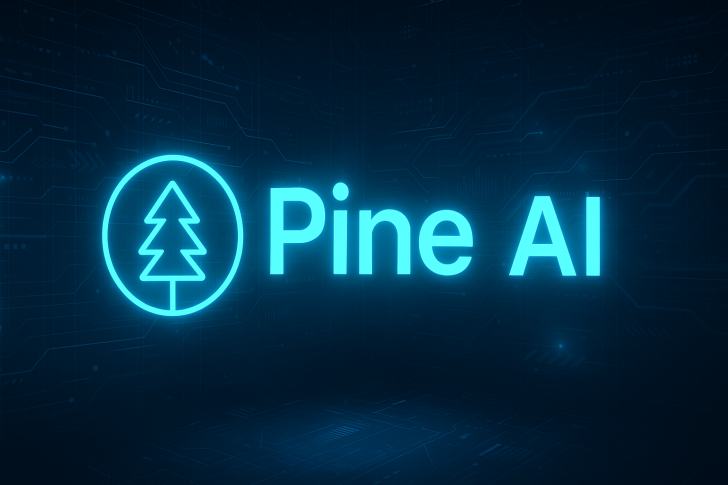We've all been there — stuck on hold for hours, navigating confusing cancellation processes, or arguing with representatives over unfair charges. A new AI service called Pine AI promises to end this frustration by doing the dirty work for you.
What Pine AI Actually Does
Recently highlighted by Leonard Rodman on social media, Pine AI positions itself as your personal advocate against customer service nightmares. Their bold promise? "No forms. No calls. Not even ChatGPT."
Pine AI automatically cancels unwanted subscriptions, negotiates your bills with telecoms and utilities, and files refund requests when you've been overcharged. Unlike general AI assistants, it's specifically designed to fight customer service battles.
The platform handles everything from filling out hidden cancellation forms to having actual conversations with support representatives. It's essentially a digital bulldog that won't give up until you get what you deserve.
This matters because customer service has become a deliberate obstacle course. Companies use confusing processes and endless transfers to discourage cancellations and complaints. Pine AI cuts through these tactics by automating the entire process, saving you time and reducing stress.
The implications go beyond personal convenience. If tools like Pine AI become popular, subscription businesses might see higher cancellation rates, forcing them to improve their services or make processes more transparent. We're also seeing AI evolve from simple productivity tools into active consumer advocates.
The Bigger Picture
Pine AI represents something significant in AI development. Instead of trying to do everything, it focuses on solving one specific problem really well. This specialized approach might be more effective than general-purpose AI for certain tasks.
If successful, Pine AI could inspire similar tools for other consumer pain points — perhaps AIs that handle insurance claims, dispute parking tickets, or negotiate medical bills. The technology is moving from answering questions to taking real action in the world.
For businesses, this means the era of using friction to retain customers might be ending. Companies will need to compete on value rather than making it hard to leave. And for consumers, it's a glimpse of AI actually working in their favor rather than against them.
 Saad Ullah
Saad Ullah

 Saad Ullah
Saad Ullah


